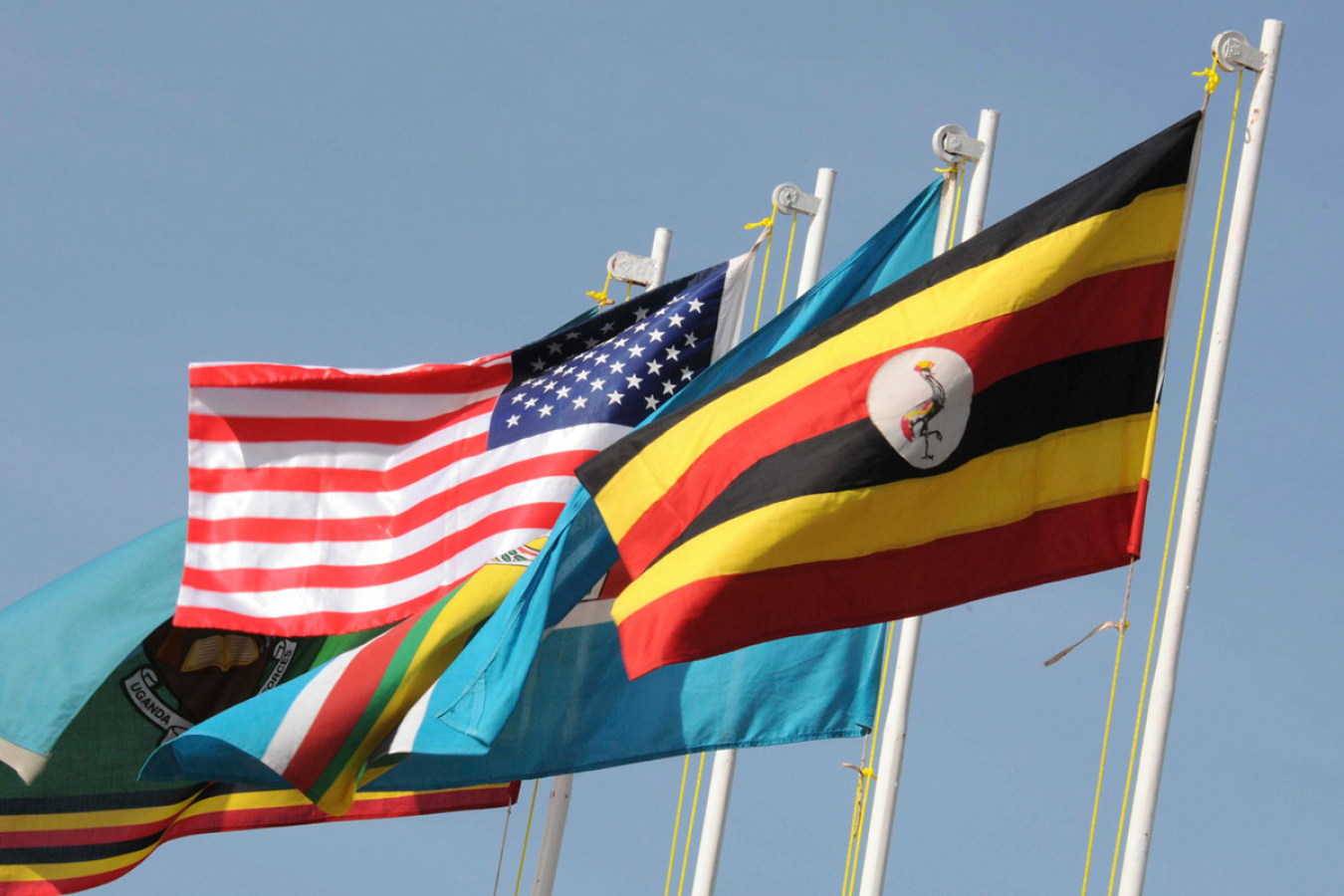US Secretary of State, Antony Blinken, has announced that Ugandans believed to be ‘responsible for, or complicit in, undermining the democratic process in the African country – including the January elections and campaign period – will be denied access to US visas. Ugandan President, Yoweri Museveni, in power since 1986, secured a sixth term in January.
President Museveni secured 58.6 percent of the votes, but his closest challenger, Bobi Wine, who secured 34.8 percent of the votes disputed the final count and claimed fraudulent activity.
In a statement issued by Blinken, he said: “Opposition candidates were routinely harassed, arrested, and held illegally without charge. Ugandan security forces were responsible for the deaths and injuries of dozens of innocent bystanders and opposition supporters. The election process was neither free nor fair.”
Ugandan government must improve
The US Secretary of State added: “The government of Uganda must significantly improve its record and hold accountable those responsible for flawed election conduct, violence, and intimidation.”
While a US visa ban has been imposed, it’s unclear who will be affected by the restrictions. Meanwhile, there was no immediate response from the Ugandan government.
76-year-old Museveni meanwhile has denied allegations of vote-rigging and described the election as ‘the most cheat-free’ since Uganda regained its independence from the UK in 1962.
However, the run-up to the election in January was marred by violence, with security forces cracking down on opposition rallies. In November 2020, 54 people were killed as Ugandan security forces attempted to quash riots that erupted across several cities after Bobi Wine, real name Robert Kyagulanyi, was detained for allegedly violating anti-coronavirus measures.
US warning
In the aftermath of Museveni’s re-election, the US fired a warning, saying that it would consider ‘targeted actions’ against members of Ugandan security forces responsible for election irregularities and abuses against opposition candidates.
However, Uganda has accused the US of trying to ‘subvert the election’ after the US ambassador, Natalie E. Brown, tried to visit Bobi Wine, who was under house arrest at the time.
Brown was stopped from visiting Wine at his residence in a suburb on the northern outskirts of Uganda’s capital city, Kampala.
A statement issued by the embassy on 18 January, said: “Brown wanted to check on the health and safety of Bobi Wine, who became famous after years of singing about government corruption and nepotism.”
No business visiting Wine
However, Ugandan government spokesman, Ofwono Opondo, said that Brown had ‘no business visiting Bobi Wine’.
Opondo said: “What she has been trying to do blatantly is to meddle in Uganda’s internal politics, particularly elections, to subvert our elections and the will of the people. She shouldn’t do anything outside the diplomatic norms.”
US-Ugandan relations under Museveni have primarily been built on military cooperation, including in Somalia, where Ugandan troops, trained and equipped by the US, are at the core of a peacekeeping mission that is battling the armed group, al-Shabab.
The US currently gives around $1 billion per year to Uganda to assist with security and development.
Under Trump, a similar ban was imposed on Nigeria amid election turmoil in the African nation.
Workpermit.com can help with US employment-based visas
If you would like to apply for a US work visa – including L1 visas, E2 visas, O1 visas and H1B visas - Workpermit.com can help.
Workpermit.com is a specialist visa services firm with over thirty years of experience dealing with visa applications. We can help with a wide range of visa applications to your country of choice. Contact us for further details. You can also telephone 0344 991 9222.




